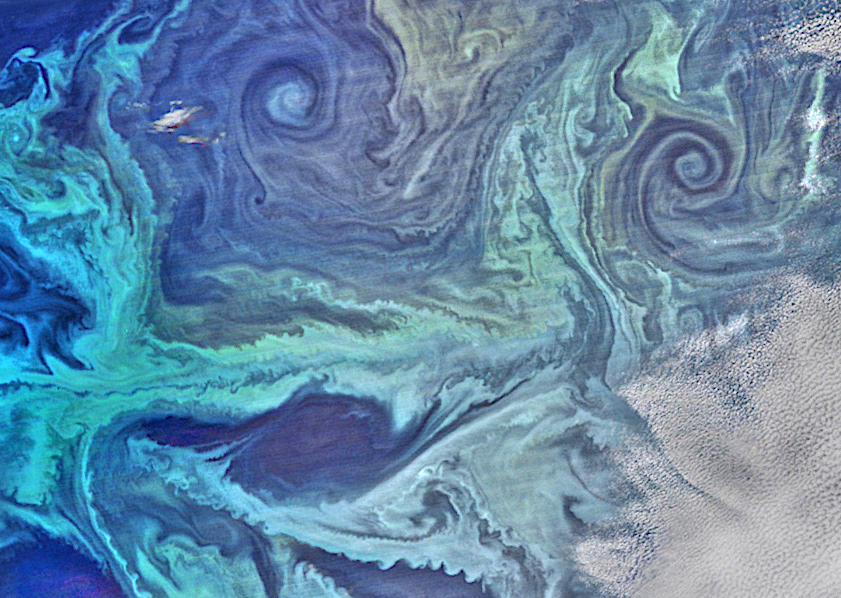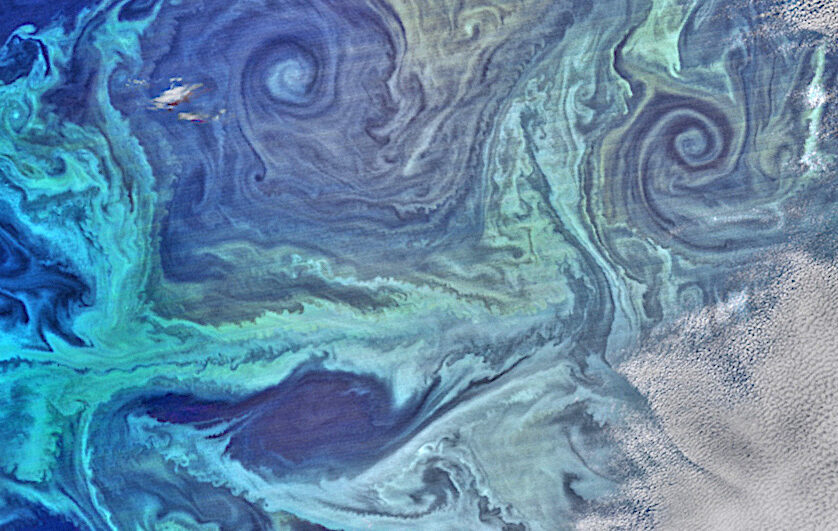We are excited to announce an upcoming Geobiology Symposium titled “The Evolution of Phytoplankton,” featuring two of the world’s leading experts in the field, Professor Andrew H. Knoll from Harvard University and Professor Roger Summons from the Massachusetts Institute of Technology (MIT). This highly anticipated event will take place at the Globe Institute, University of Copenhagen on Friday May 24th, 2024.
Phytoplankton, the microscopic algae that form the foundation of marine food webs, have played a crucial role in shaping Earth’s atmosphere and climate over billions of years. This symposium will delve into their origins, diversification, and ongoing impact on the planet’s ecosystems.
Professor Andrew Knoll, renowned for his pioneering work in paleontology and geobiology, will share his extensive research on the fossil record of phytoplankton and their evolutionary significance. His insights into the early evolution of cyanobacteria, algae and plants will provide a deeper understanding of how they have influenced the Earth’s biosphere.
Professor Roger Summons, a leading authority on organic biogeochemistry and Earth history will discuss the molecular fossils of phytoplankton and the chemical signatures that reveal their historical presence and environmental interactions. His innovative techniques and discoveries have shed light on the intricate relationships between life and the Earth’s environment throughout geological time.
This symposium promises to be an enlightening and engaging event for scientists, students, and anyone interested in the evolutionary history of life on Earth. Attendees will have the opportunity to hear from these distinguished speakers, participate in discussions, and explore the latest research in the field.
Join us for an afternoon of fascinating lectures and stimulating conversation at the University of Copenhagen. For more details and to register for the symposium, please visit Geobiology Symposium.
Don’t miss this unique opportunity to learn from two of the most respected voices in geobiology and paleontology as they explore the profound impact of phytoplankton on our planet’s history and future.

NASA satellite view of Southern Ocean phytoplankton bloom

